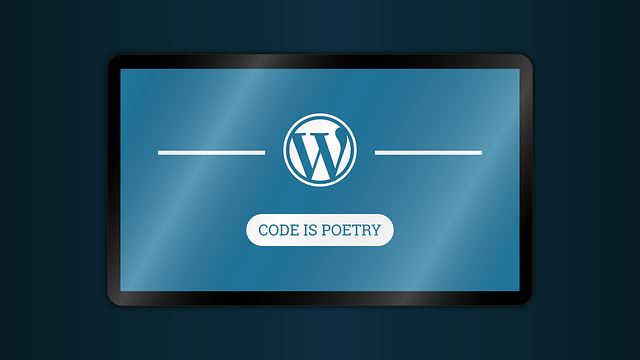Whether you’re a new business just getting off the ground or an established company looking to increase your web presence, choosing a content management system (CMS) is an important task.
Websites are by far the best way for companies to gain visibility, grow their business, and increase sales. Think about it. When you’re networking and hand out your business card, there’s a good chance the recipient will check out your website. If you have an easy-to-use, well-organized, visually appealing site full of quality content, current and potential customers will not only visit your website for products and services, but they will look to your company as a leader in your industry.
When it comes to choosing the perfect CMS for your business, it’s important to do a little research. We’ve taken some of the pain out of your search by putting together this CMS Comparison guide between three of the top content management systems: WordPress, Drupal, and Joomla.
WordPress
WordPress originally started as a free blogging platform. Today, it has roughly 160 million downloads and is the most popular CMS in the world. WordPress is easy to use and requires very little technical or website experience. With more than 3,000 free themes and nearly 44,000 plugins, it’s possible to build a customized website tailored to your businesses needs. WordPress is user-friendly, does a great job integrating SEO, and allows users to build responsive/mobile friendly sites. And, because there are literally millions of WordPress users, you won’t have a hard time finding help if you run into an issue. If you are new to website design and you’re looking for something that looks great, is fairly simple to manage and edit, and is easy for users to navigate, WordPress could be for you.
Drupal
Drupal is geared towards more experienced designers and has around 25 million downloads. With Drupal, you have the ability to build advanced sites, but it’s necessary to have some technical experience. Drupal is best-known for its ability to organize large amounts of content and complex data, such as online stores. It features over 2,000 free themes and offers around 26,000 plugins popular with enterprise level sites. Drupal is a scalable system that can do virtually anything as far as websites go. It can support multiple websites, it’s flexible, it has fantastic SEO capabilities, and it has a large community of users if issues arise. Drupal is generally best suited for larger companies that either have designers or are willing to hire someone to teach them the ropes. These sites are often use a lot of code and can become quite complicated to manage.
Joomla
Joomla is a happy medium between WordPress and Drupal. It currently has around 75 million downloads and is the second most popular content management system in the world. Joomla offers more than 1000 free themes, around 5,000 plugins, and it’s often a popular option for small businesses. It has more flexibility than WordPress, but doesn’t require the technical expertise of Drupal. Joomla is popular for online stores, and it’s well-known for its unique sites, social networking features, and user-friendly builds. If you have moderate design skills, Joomla may be a good option for your business.
Choosing Your CMS
Most people have a favorite CMS that they feel comfortable with and have taken the time to master. All three of these content management systems are great, but it really comes down to your businesses needs and wants.
If you are a small-medium business with little design experience, the website build can be a daunting task. Need help? Here at Blindspot, we use the diverse and customizable WordPress platform. We’ve found that WordPress is extremely user-friendly, making it simple for clients to easily adapt to the platform and perform edits and updates. In addition, WordPress has more than 44,000 plugins which allows clients to customize their site to suite their personal business needs. Finally, WordPress has excellent SEO value which helps our clients increase their rankings on popular search engine results.
If you don’t have a website or if your current site could use a face-lift, Blindspot can help. Contact us today for more information!

